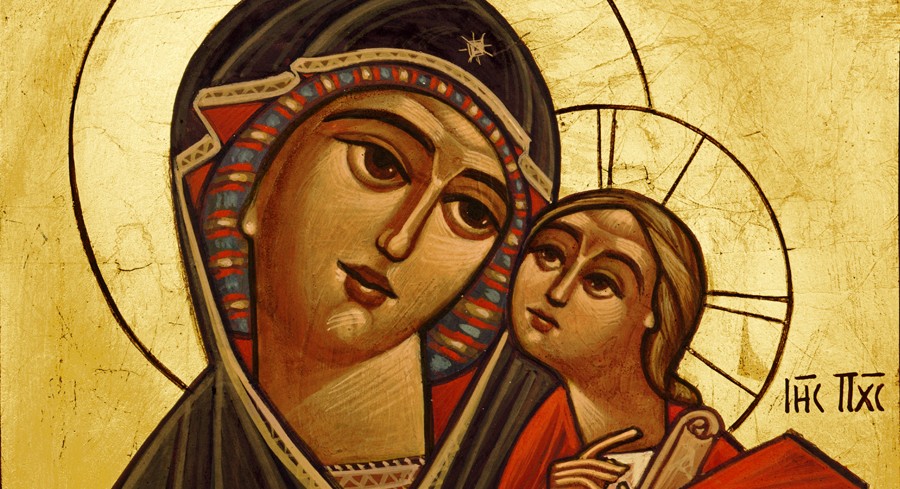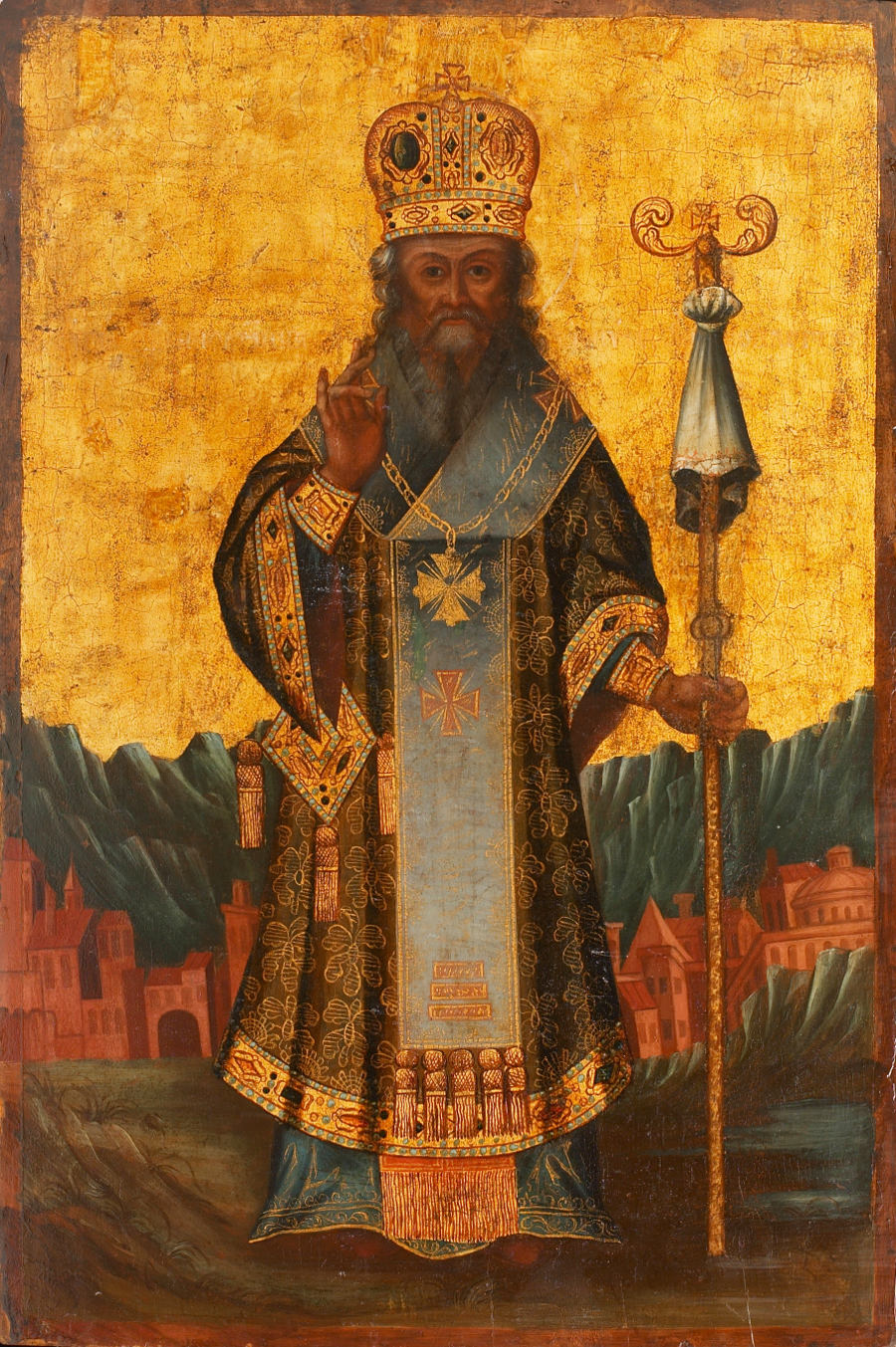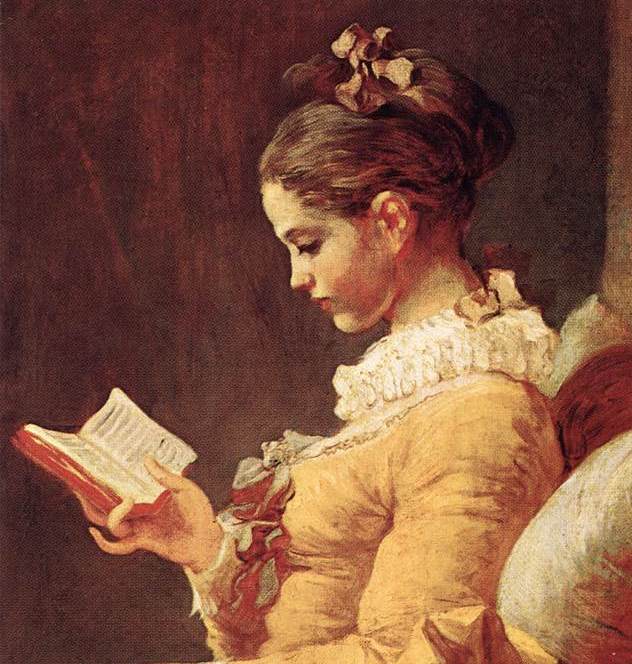
Negative theology, also known as Apophatic theology, is a theological approach that describes God by negation, speaking of God only in terms of what He is not (apophasis) rather than presuming to describe what God is.
In negative theology, it is maintained that we can never truly define God in words. In the end, the student must transcend words to understand the nature of the Divine. In this sense, negative theology is not a denial. Rather, it is an assertion that whatever the Divine may be, when we attempt to capture it in human words, we will inevitably fall short.
In contrast, making positive statements about the nature of God, which occurs in most other forms of Christian theology, is sometimes called cataphatic theology.
Negative theology played an important role early in the history of Christianity. Three theologians who emphasized the importance of negative theology to an orthodox understanding of God, were Gregory the Theologian, John Chrysostom, and Basil the Great. It was employed by John of Damascus when he wrote that positive statements about God reveal “not the nature, but the things around the nature.” It continues to be prominent in Eastern Orthodoxy (see Gregory Palamas) where apophatic statements are crucial to much of their theology, and is used to balance cataphatic theology
__________________________________________________________________________________________
Apophatic theology is another name for “theology by way of negation,” according to which God is is known by negating concepts that might be applied to him, stressing the inadequacy of human language and concepts used to describe God. Philo and Plotinus influenced the Christian apophatic tradition, which is founds in the works of Gregory of Nyssa and Pseudo-Dionysus the Areopagite; it is characteristic of mystic theology and Eastern Orthodox; and shows parallels with Indian Advaita Vedanta. –Bowker, John, The Oxford Dictionary of World Religions, New York, Oxford University Press, 1997, p. 81
___________________________________________________________________________________________
Kataphatic or Apophatic Prayer? by Jim Manney. Did you know that Ignatian prayer is kataphatic as opposed to apophatic? Actually, these fancy words point to a useful distinction. Kataphatic prayer has content; it uses words, images, symbols, ideas. Apophatic prayer has no content. It means emptying the mind of words and ideas and simply resting in the presence of God.
___________________________________________________________________________________________
For those who have never heard of apophatic mysticism, it’s a kind of mysticism that focuses on knowing God through negation, elimination, forgetting, unknowing, without images or symbols or signs. All such thoughts and symbols are to be eliminated. This is opposed to kataphatic mysticism which underscores finding God in all things and reaching God through creatures, images, symbols, etc -This is an IMPORTANT link. Heed the warnings expressed by this wise woman! Though aimed at women it is for all. – See more at: Women of Grace EWTN
___________________________________________________________________________________________
“God is a dark night to man in this life.” (St. John of the Cross, The Ascent of Mt. Carmel, I, 2, 1)
“If you comprehend, it is not God. If you are able to comprehend, it is because you mistook something else for God. If you almost comprehend, it is again because you allowed your own thoughts to deceive you.” (St. Augustine of Hippo, Sermon 52, 16; see also Sermon 117, 5)
“In the end, we know God as unknown.” (St. Thomas Aquinas, In Boetium de Trinitate, 1, 2, ad 1)
“For, by its immensity, the divine substance surpasses every form that our intellect reaches. Thus we are unable to apprehend it by knowing what it is. Yet we are able to have some kind of knowledge of it by knowing what it is not.” (St. Thomas Aquinas, Summa Contra Gentiles, I, 14, 2)
“We cannot grasp what God is, but only what He is not and how other things are related to Him.” (St. Thomas Aquinas, Summa Contra Gentiles, I, 30, 4)
“Because we are not capable of knowing what God is but only what He is not, we cannot contemplate how God is but only how He is not” (St. Thomas Aquinas, Summa Theologica, I, 3, Prologue)
“But if you wish to know how these things [the ascent to God] come about, ask grace not instruction, desire not understanding, the groaning of prayer not diligent reading, the Spouse not the teacher, God not man, darkness not clarity, not light but the fire that totally inflames and carries us into God. . . .” (St. Bonaventure, The Soul’s Journey Into God, 7, 6)








Recent Comments